Ramesh Deo

Subscribe to read full article
This section is for paid subscribers only. Our subscription is only $37/- for one full year.
You get unlimited access to all paid section and features on the website with this subscription.
Not ready for a full subscription?
You can access this article for $2 , and have it saved to your account for one year.
- Born: 30/01/1929 (Kolhapur)
- Died: 02/02/2022 (Mumbai)
- Primary Cinema: Hindi
- Spouse: Seema Deo
- Children: Ajinkya Deo, Abhinay Deo
With a prolific career spanning six decades, 290 Hindi films, 190 Marathi films and 30 Marathi plays to his credit, it is ironic that the actor Ramesh Deo is still remembered by Hindi film audiences as the hero’s best friend. His turn as Prakash Kulkarni, Anand’s best friend in Hrishikesh Mukherjee’s classic Anand (1970) is perhaps his most memorable one, but Ramesh Deo’s filmography boasts many other impressive achievements.
Ramesh Deo was born in Kolhapur on 30 January 1929 into a Rajput family. He made his film debut with a cameo in the 1951 Marathi film Paatlachi Por. He was cast in the role since the Marathi filmmaker Dinkar Patil was a family friend and was on the lookout for college students for the scene. Deo happened to be watching the shooting with his friends, and Dinkar asked him to appear in the scene. Once he had appeared on screen, however, Ramesh Deo acquired a taste for acting. He played the villain in Raja Paranjape’s Andhala Magto Ek Dola (1956) (Marathi). He debuted as a hero with Sata Janmacha Sobti (1959). This role also landed in his lap as a stroke of fortune—he had been signed on for the villain’s role, but he was cast as the hero when the other actor had a disagreement with the producer.
The success of Sata Janmacha Sobti meant that Ramesh Deo soon had offers pouring in to play both lead and negative roles in Marathi cinema. Some of his early hits in Marathi films included Vardakshina (1962), Avaghachi Sansar (1960), Ek Dhaga Sukhacha (1961) and Molkarin (1963). He made his debut in Hindi films with Rajshri Productions’ Aarti (1962). He continued to work in Marathi language films, however, and starred in movies like Shevatcha Malusara (1965), Gurukilli (1966), Swapna Tech Lochani (1967), Juna Te Sona (1975), Chimukla Pahuna (1967) and Apradh (1969). Simultaneously, he made strides in his Hindi film career with movies such as Mohabbat Isko Kahete Hain (1965), Dus Lakh (1966), Mehrban (1967), Shikar (1968), Saraswatichandra (1968), Teen Bahuraniya (1968), Jeevan Mrityu (1970) and Anand.
In the late 1970s and 1980s, Ramesh Deo decided to try his hand at production. He was at the helm of films like Sarja (1987), Chor Chor (1992), Jeeva Sakha (1992) and Chal Gammar Karu (2009). Always ready to adapt to the times, Ramesh Deo also went into ad-film production with his company, Ramesh Deo Productions.
At 92, Ramesh Deo is still going strong. He continues to appear in television commercials as well as films, one of the most recent was Jolly LLB (2013). An inspiration for all who encounter him, he remains a man who does not rest on his past laurels, but continues to work with the same passion and dedication he has always shown to his craft.
He passed away on 2 February 2022.
-
Filmography (120)
SortRole
-

Nishchaiy 1992
-

Pratibandh 1990
-
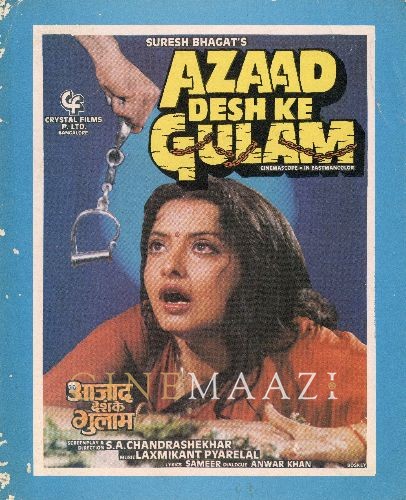
Azaad Desh Ke Gulam 1990
-

Gharana 1989
-
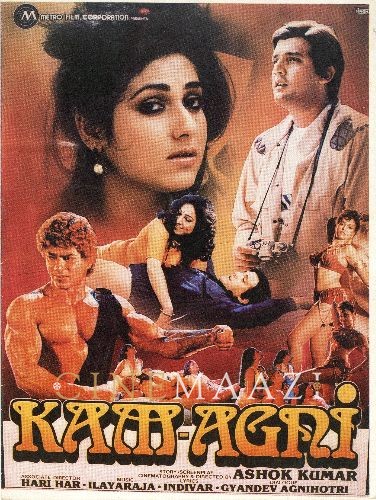
Kam Agni 1987
-

Kudrat Ka Kanoon 1987
-

Aulad 1987
-

Mr. India 1987
-
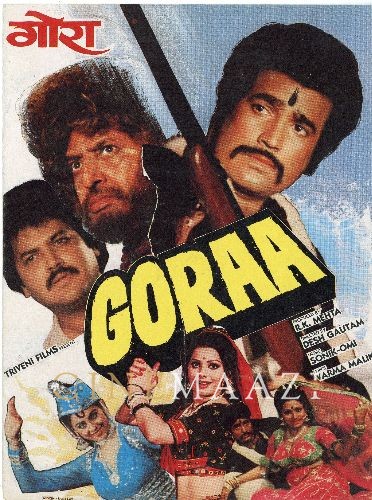
Goraa 1987
-

Inaam Dus Hazaar 1987
-







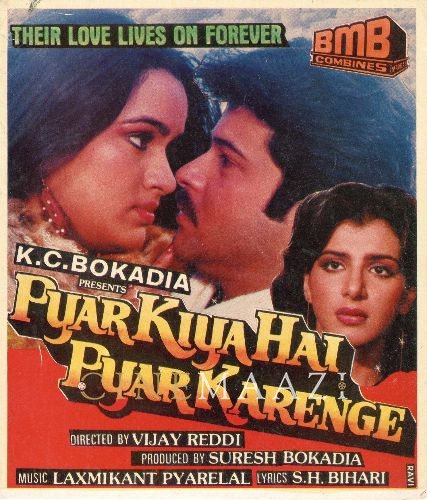
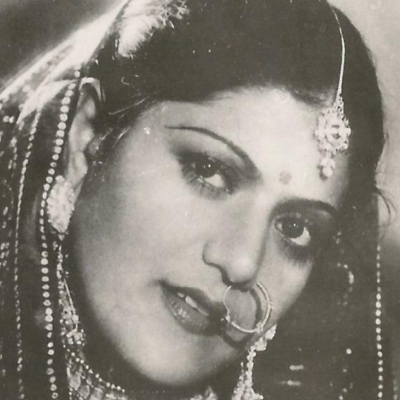


.jpg)



